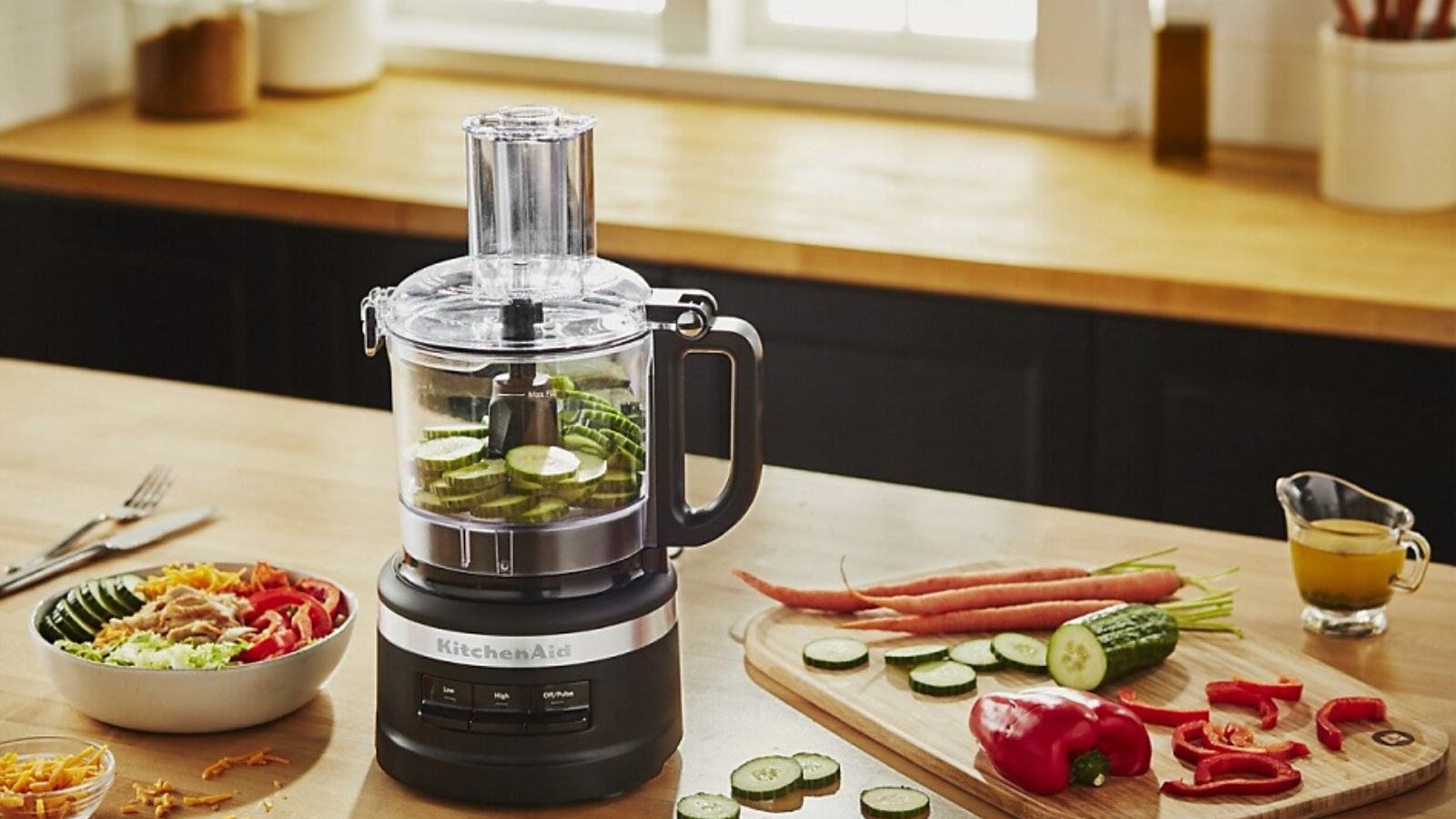
At Homes & Gardens we have a rigorous process for how we test food processors. Our experts cover everything from the design and cleaning process to the performance and versatility of each appliance so that you know how to choose the perfect one for your home.
When we're curating our buying guides for the best food processors, we test more than you see. For every competitive spot in our buying guides, there will be at least three or four market-leading models that didn't quite make the cut.
If you're interested in finding out how we assess the best, here's a little behind-the-scenes insight into what we do to determine which models will make the best food processors or food processor combos for every different home.
How we choose which food processors we test
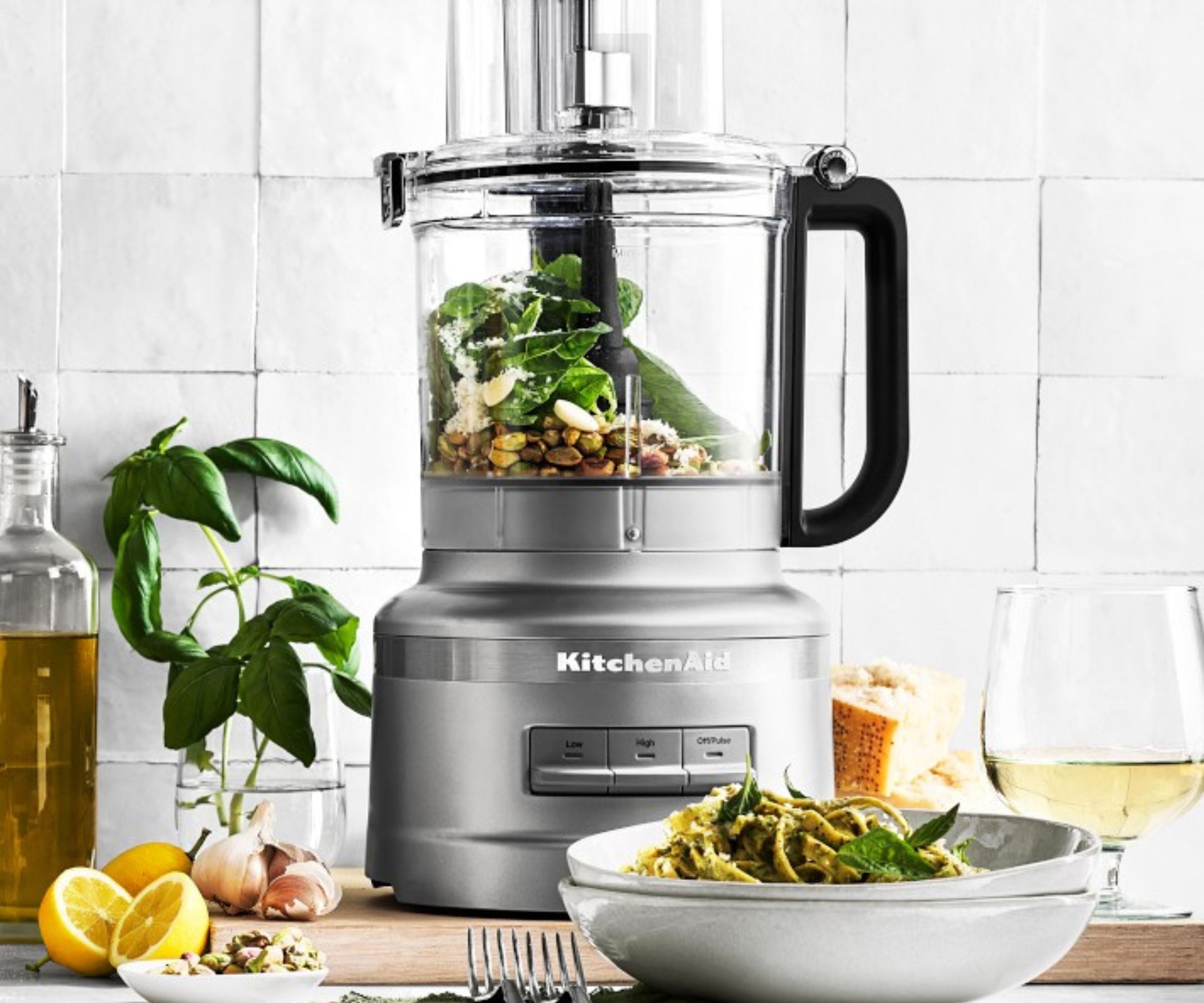
There are new models coming onto the market almost constantly, so we keep tabs on the latest and greatest releases. Our experts are always looking at what big brands, such as Nutribullet, Ninja, and Cuisinart have to offer but we'll also look at smaller, disruptive brands too. That way, we know what's new, what's worth buying, and where new features get a bit gimmicky.
Once we've found ones that we think you like, we call them into our test kitchen. Before heading in to test them, we make sure to research all of the claims that a brand makes about their food processors. Then, when it comes to testing them out, we know that we're covering all bases.
We don't take any money for our reviews, so our experts are always speaking independently in their tests.
Why we talk about first impressions
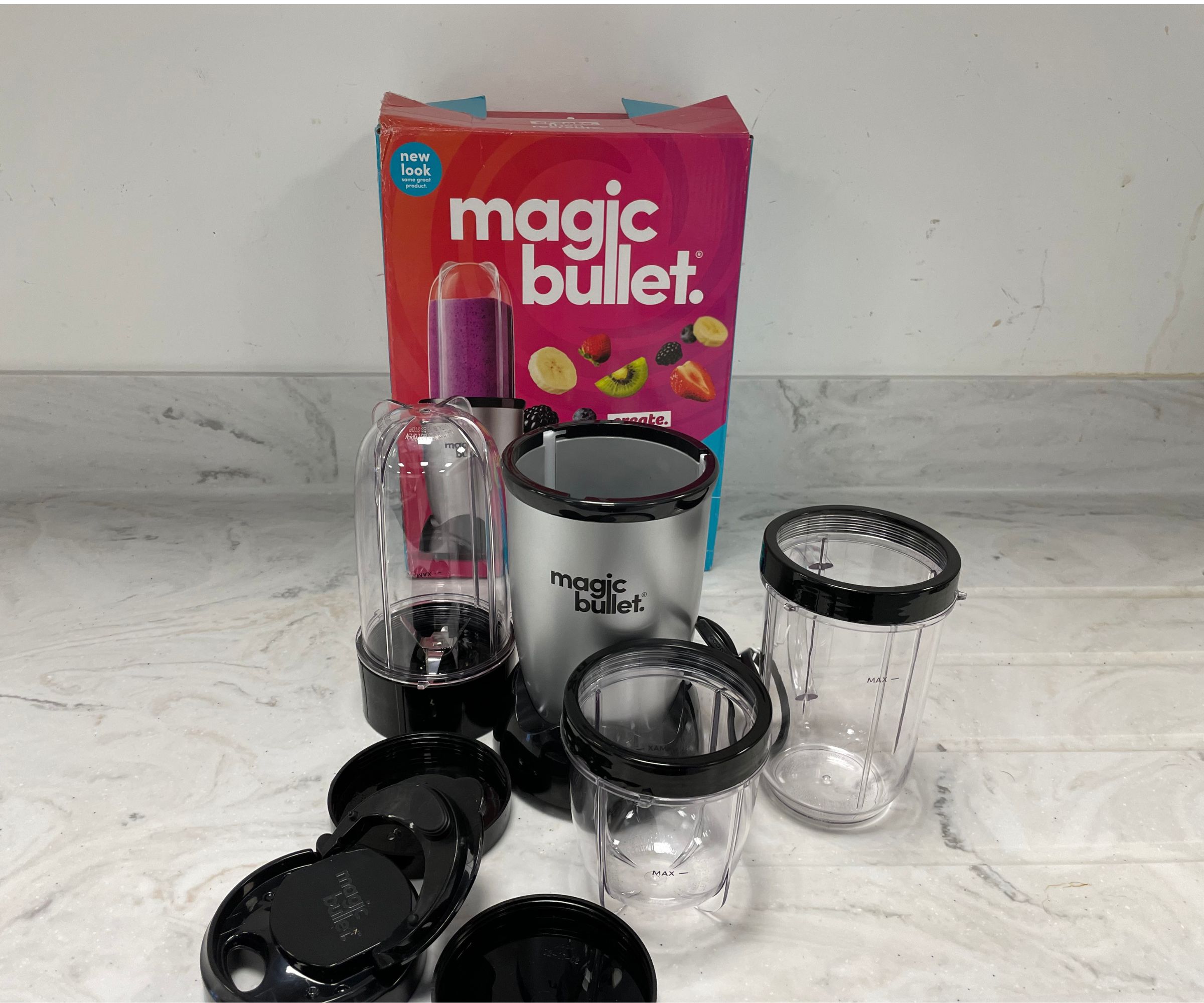
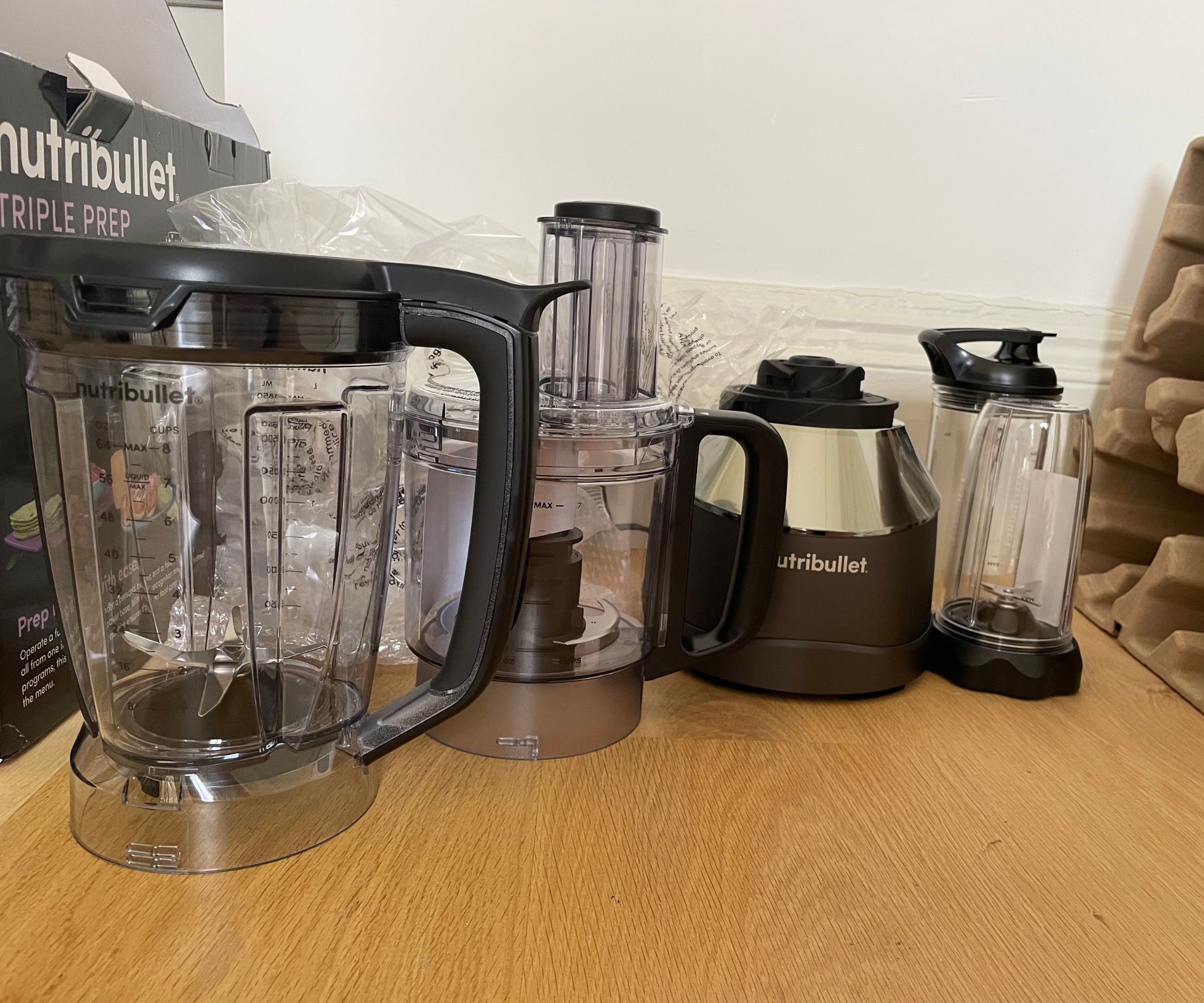
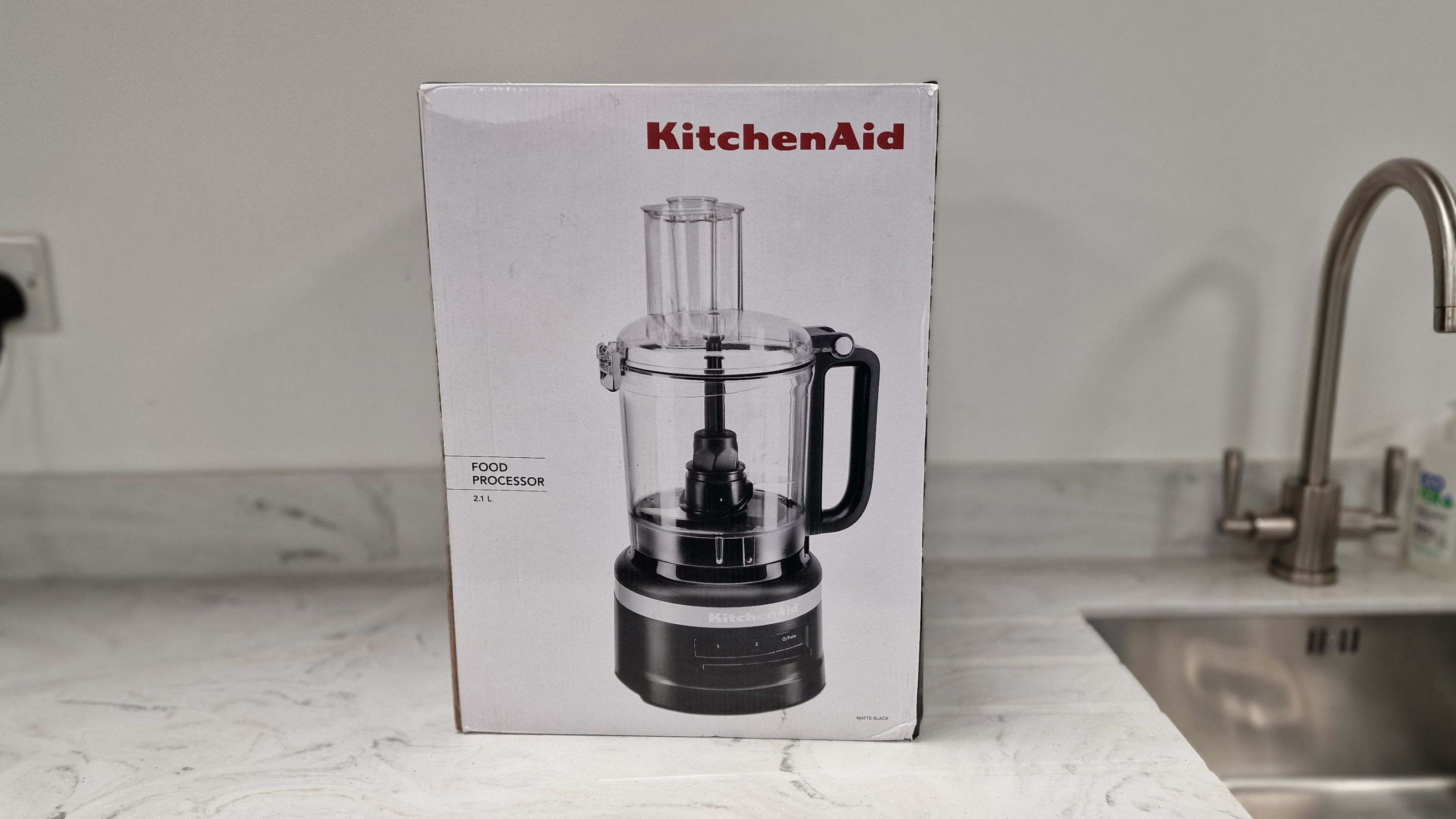
Whilst we know that looks aren't everything, we think it's important that your appliances look nice too. We'll let you know everything about what the food processor is like to unbox, set up, and learn how to use.
The initial setting up process gives us a good idea of the build quality of each food processor too. We let you know how the materials feel, whether it's heavy, and how easy the settings are to navigate.
Some food processors include blending cups, a pitcher, different disks for slicing and grating, as well as portable bottles and cleaning brushes. These can be really helpful for making the most of your food processor, so it's good to know about in advance.
The testing process
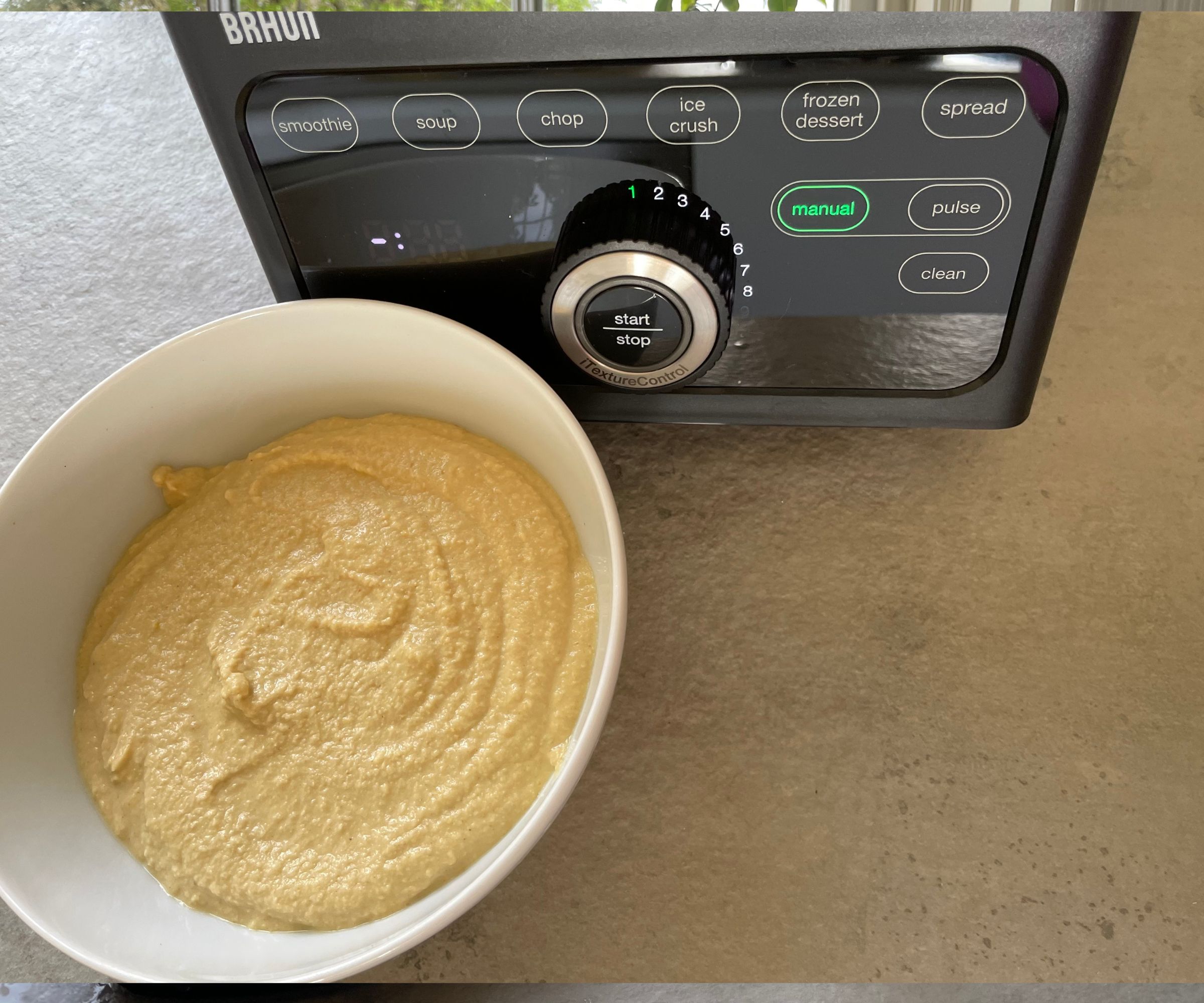
Food processors cover a range of functions, so we want to make sure that we've tested them all when we're writing up our review and curating our buying guides. Our basic tests will assess the different functions on offer. Here's what they are.

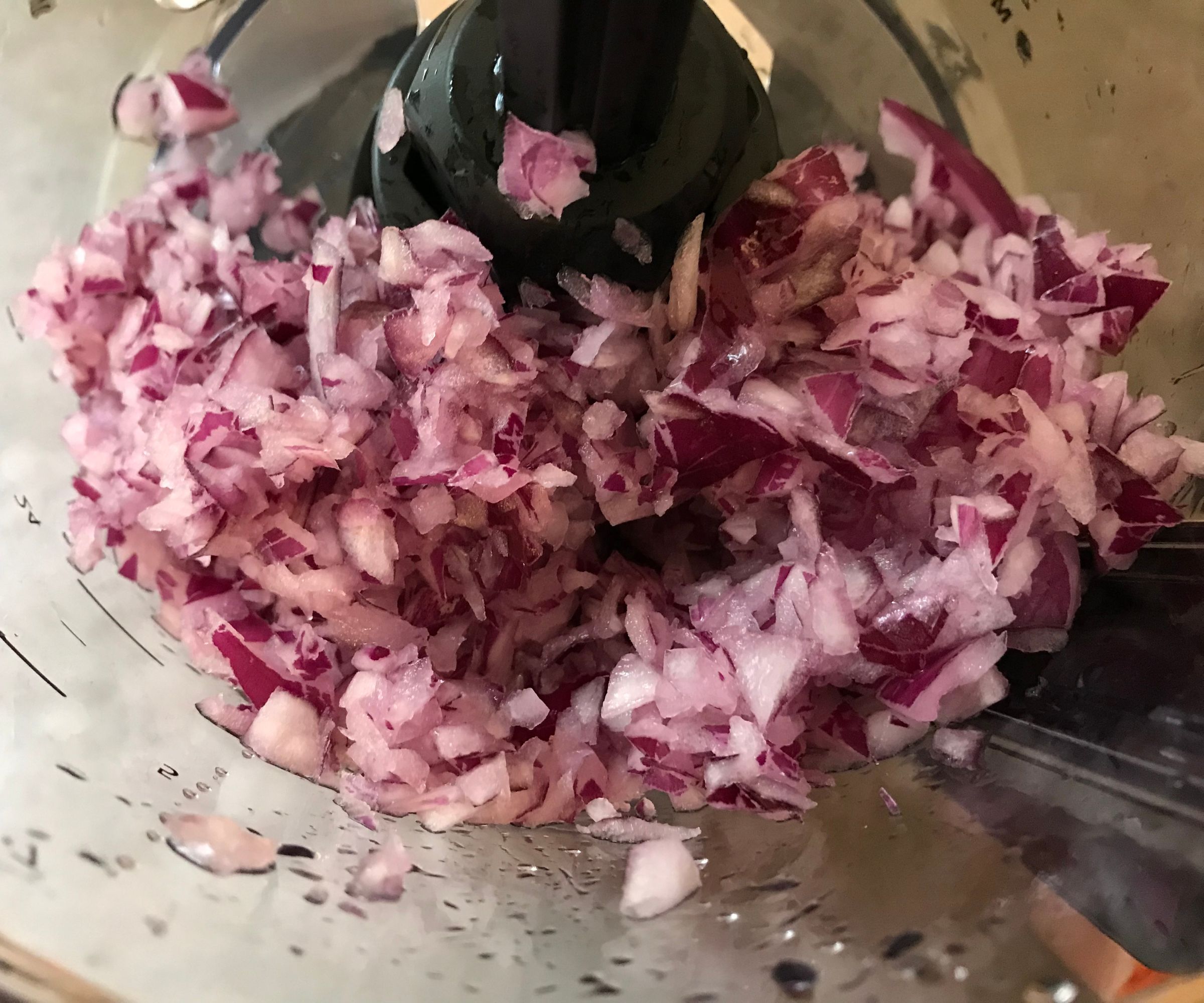

Almost every blender comes with some blades. These can be used for breadcrumbs, chopping, and dicing. We test out the blades with a few functions. The first test we run is on chopping red onions. We peel them, chop them into quarters, and let the food processor run. Our experts look for consistently-sized pieces of onion, which can be chopped up quickly and with minimal noise.
We'll then throw in some avocado, tomato, cilantro, lemon, and salt to make a guacamole. Some of our experts like their dips chunky, so we run some pulse settings to see whether we can get a well-integrated dip which still has some texture too. Then, we'll keep the machine running, with the timer going, to make a super smooth guacamole. Again, we want all the ingredients to be well-mixed, smooth, and scoopable. Some blenders will push chunks to the top or miss sections at the bottom, but the best will make a flawless dip.
In some cases, we'll also make a hummus. This tests similar properties, but with less liquid. It's a great way to evaluate the kind of texture that the food processor can achieve when there are tougher ingredients.
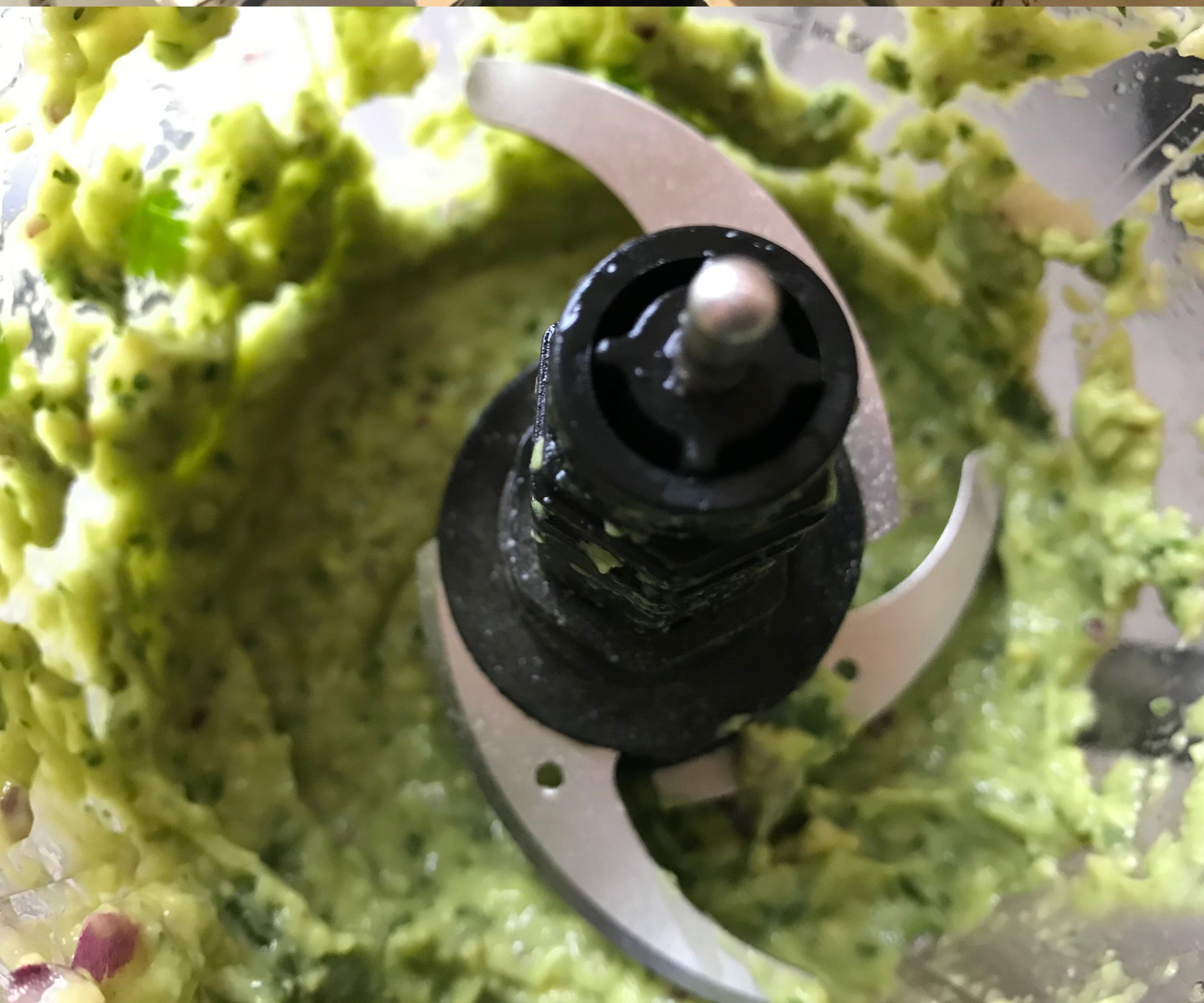
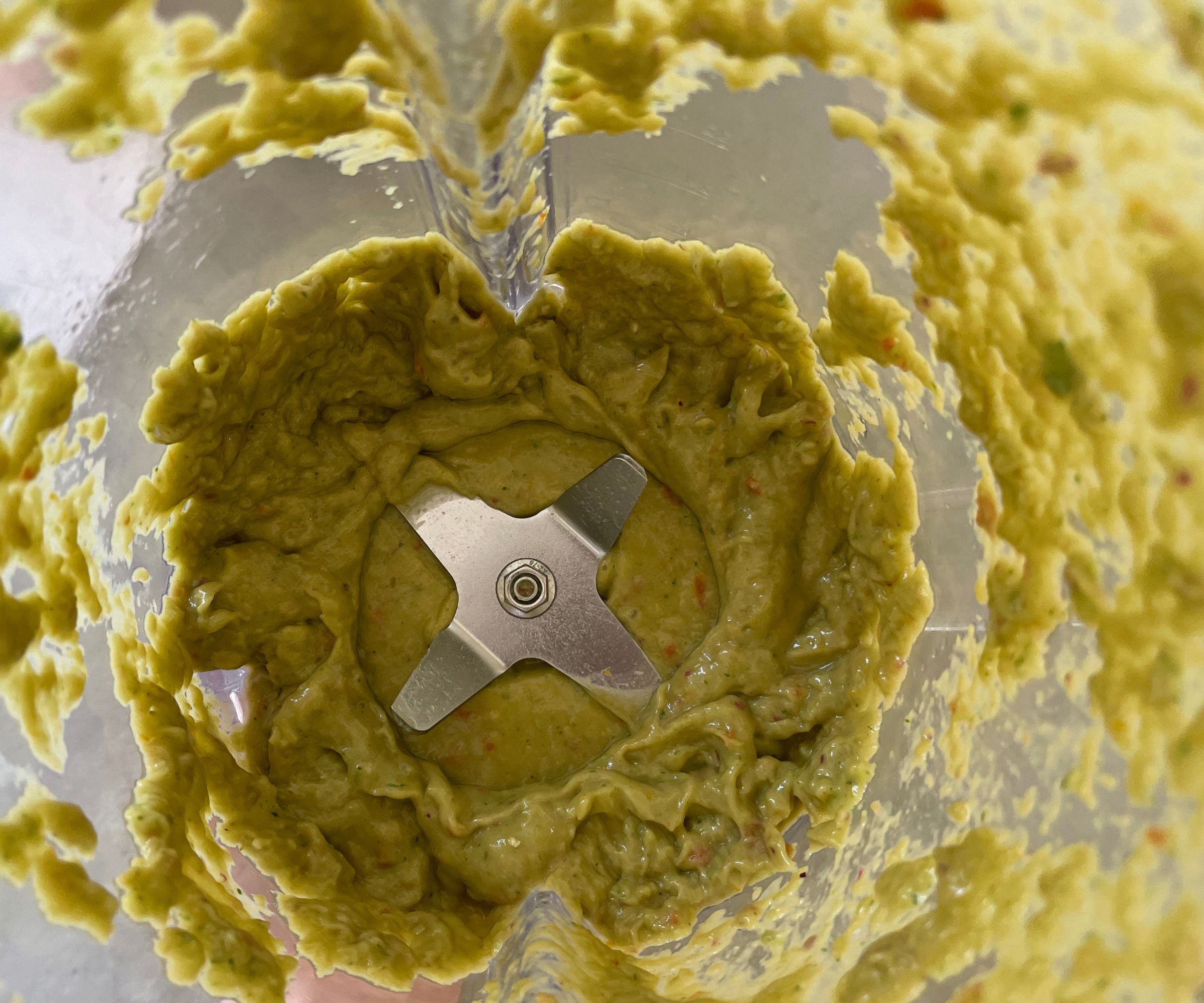
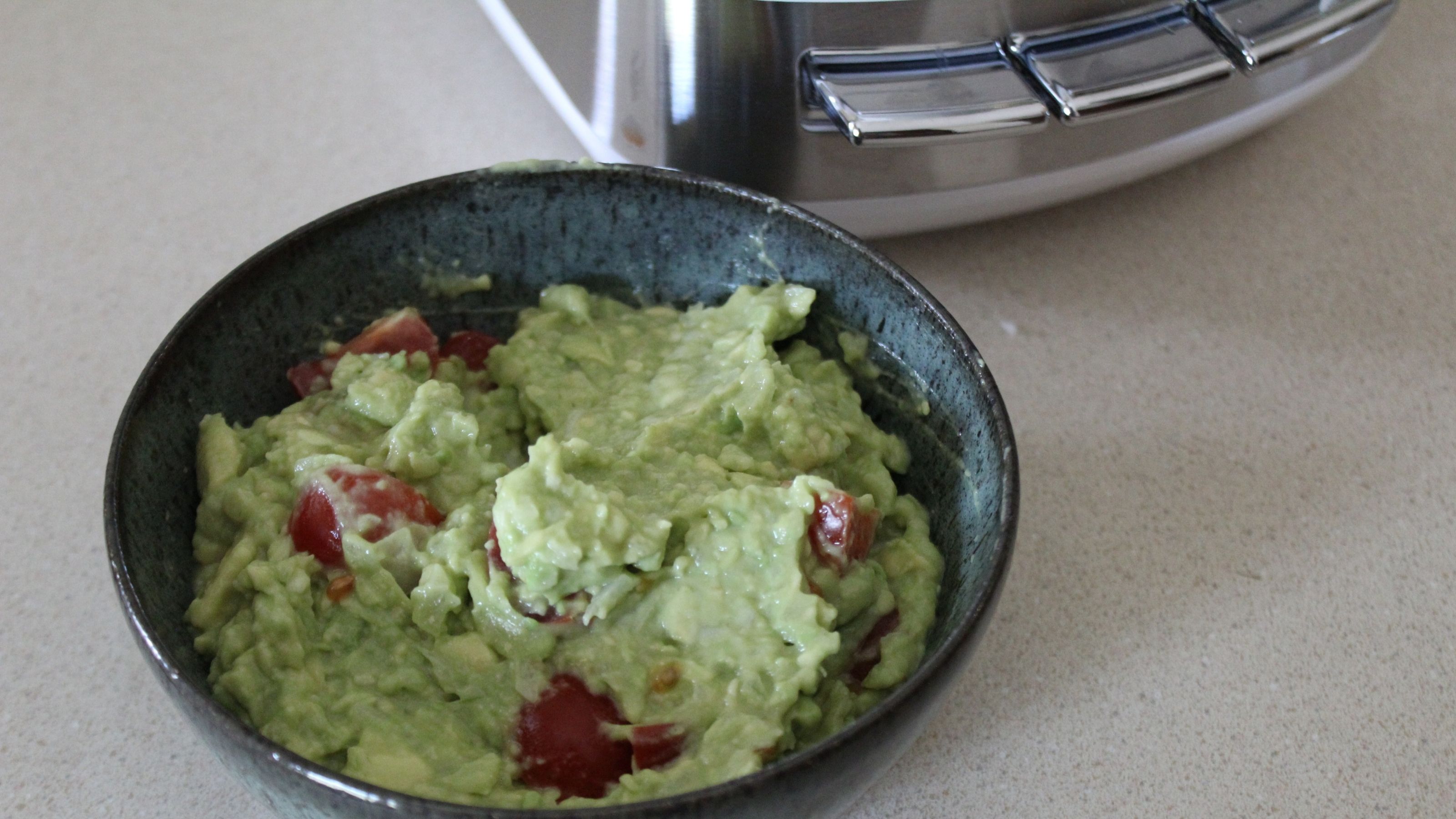

The next test is nut butters. This uses the same attachment, but nut butters take longer to make and they require more power. Cheaper food processors will either overheat and stop or make the peanut butter grainy rather than smooth. We use a bag of salted nuts to make a super smooth butter, timing how long it takes to get silky smooth, whilst also letting you know about the noise level and whether the food processor gets too hot too.

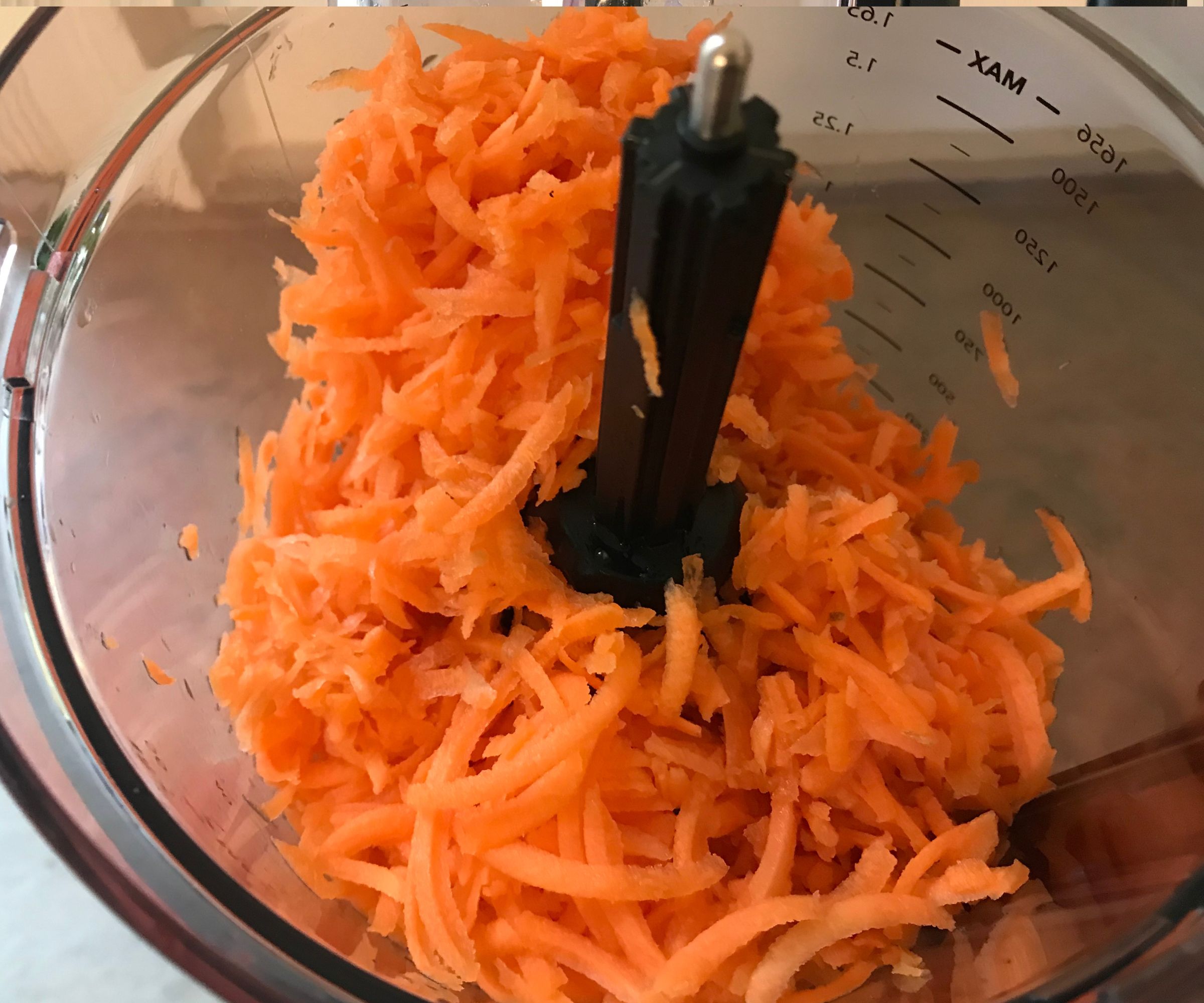
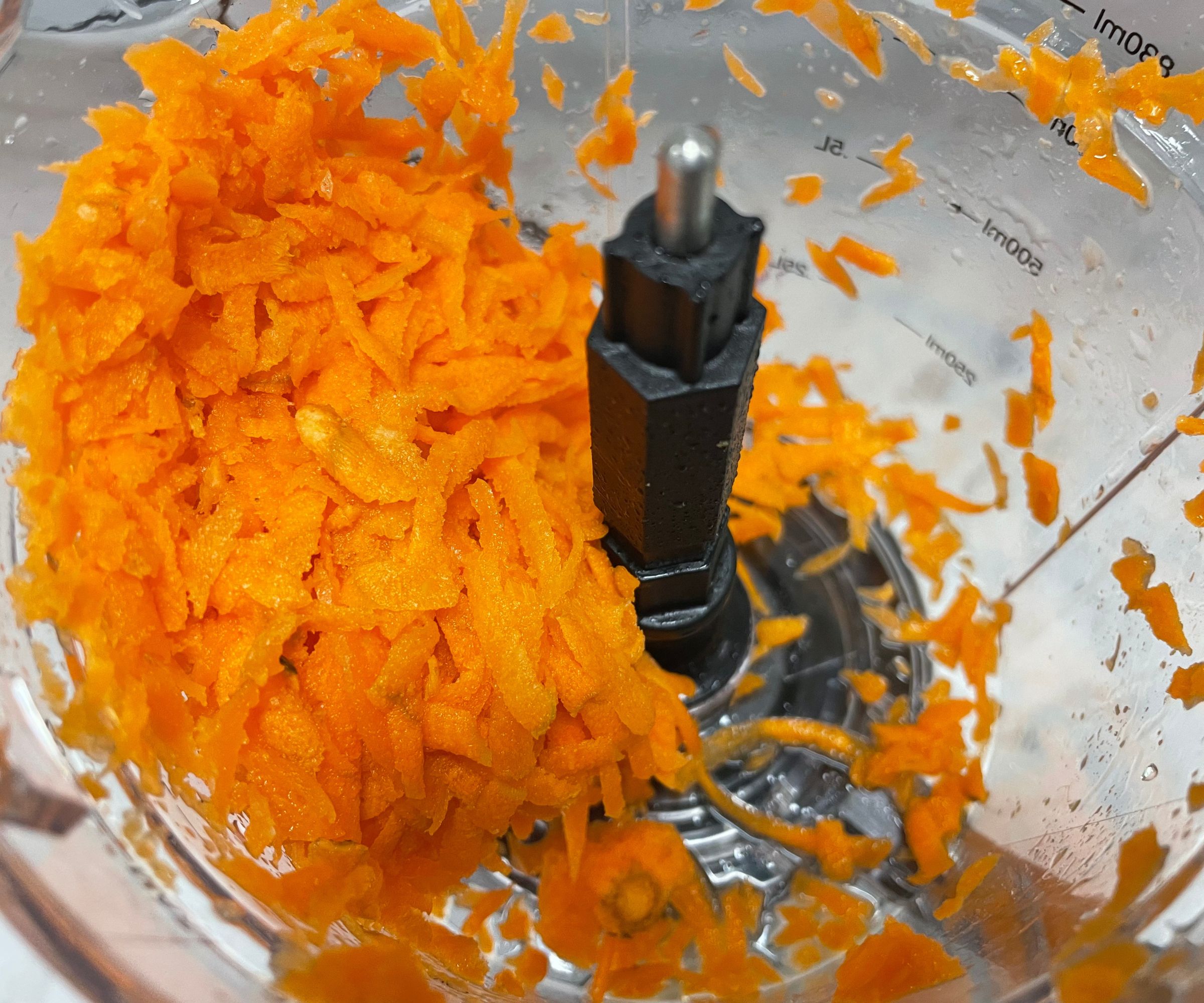
We'll also get discs for slicing and grating, which are really useful to have. We'll grate carrots and cheese. The carrots give us a good sense of how the food processor handles firmer ingredients, how evenly it grates, and how quickly it can work through a carrot. Cheese can be softer and harder to grate evenly, so we'll feed sticks into the food processor, again, checking how even and quick the food processor is at whizzing through the cheese.
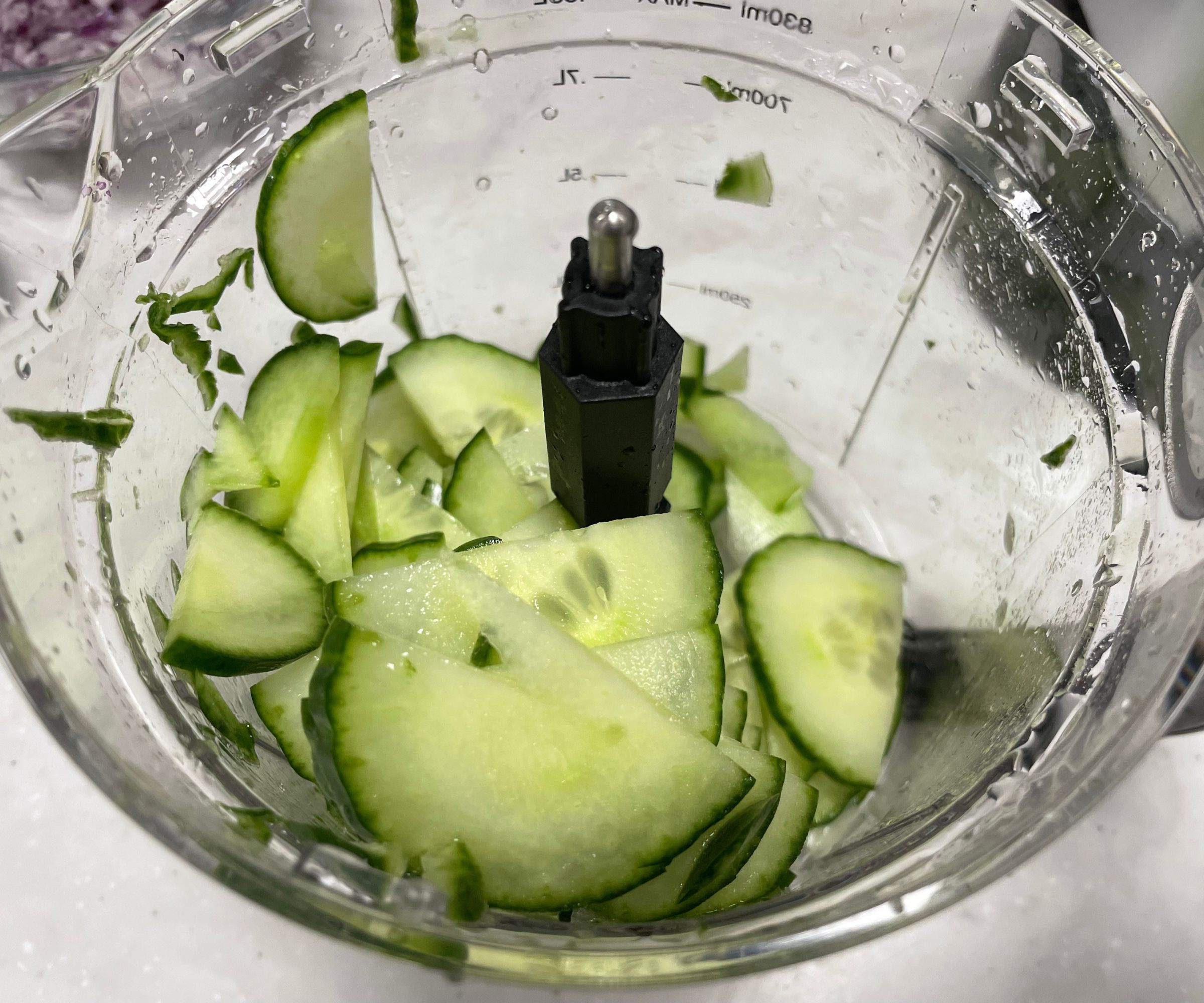

Often, if you flip the disc, you can use the slicing function. We feed the cucumber down the feeding chute, looking at the thickness of each cucumber slice, how quickly it's sliced, and whether the feeding chute is the right size for large vegetables.
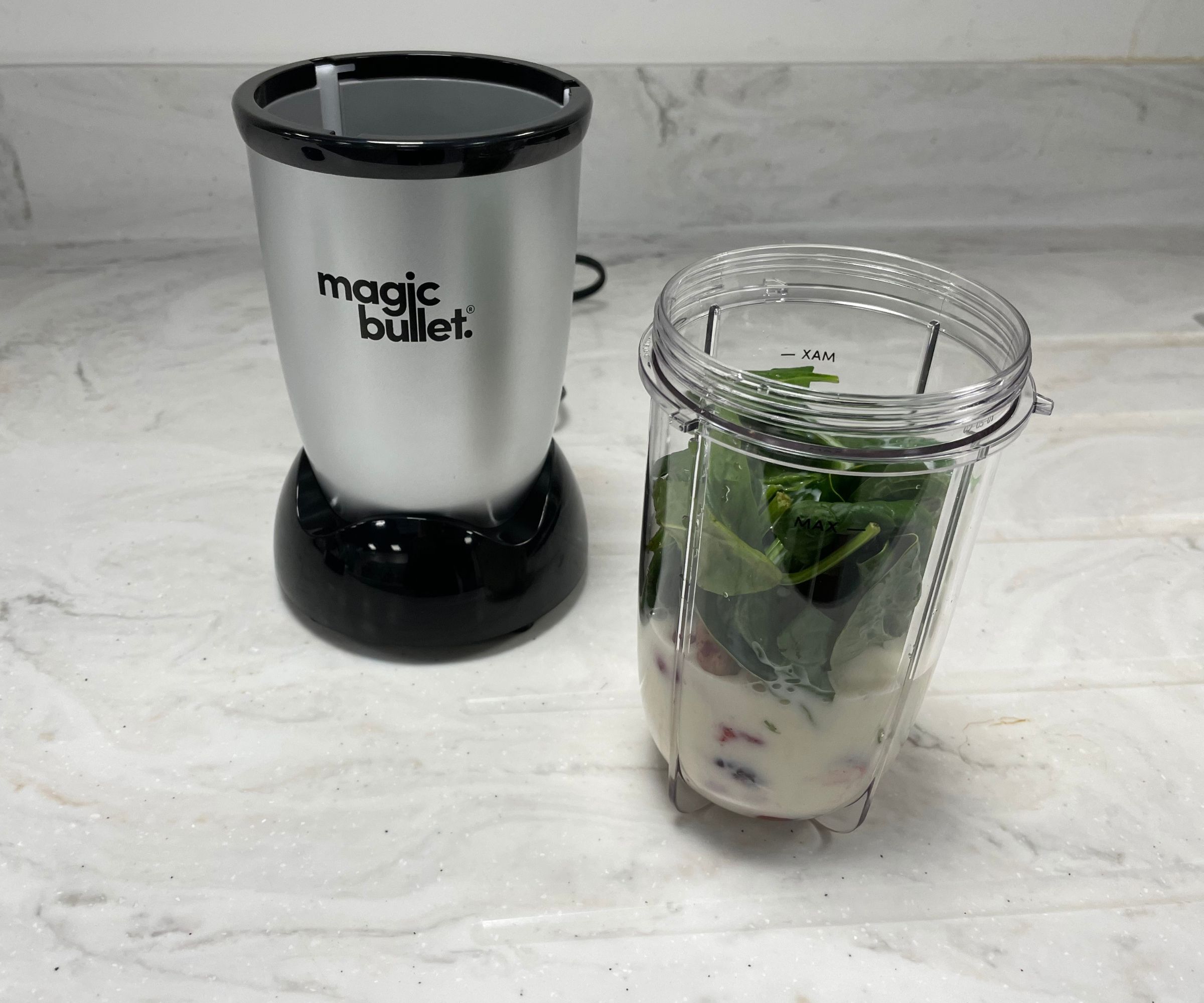
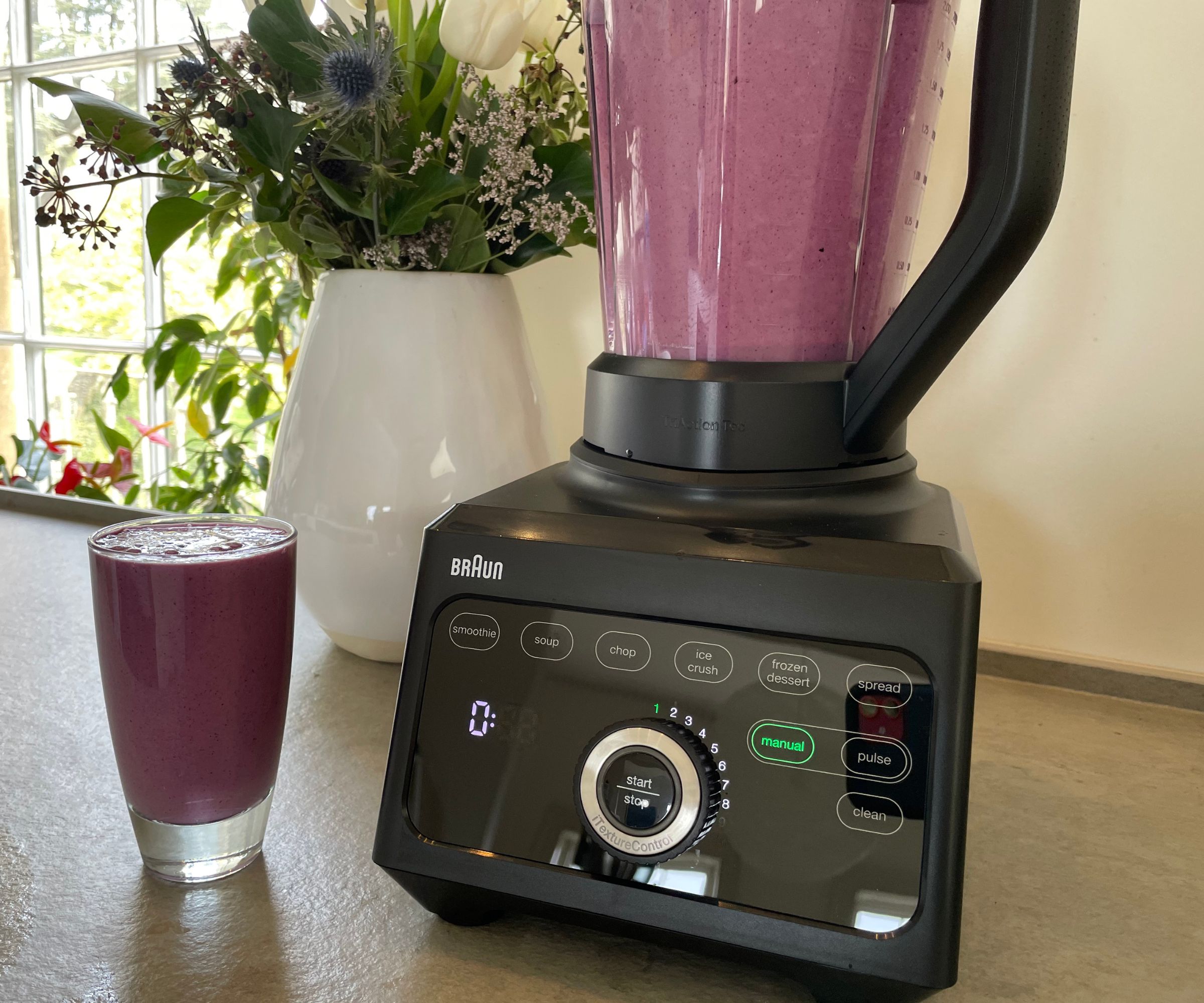
Some food processors come with special features and we like to test those too. If a food processor doubles-up as a blender, we'll make smoothies and dips in there, putting it through all the same motions that we look for in our process for how we test blenders. That way, we can let you know whether it's a worthwhile substitute for your home blender.
Cleaning, storage, and maintenance
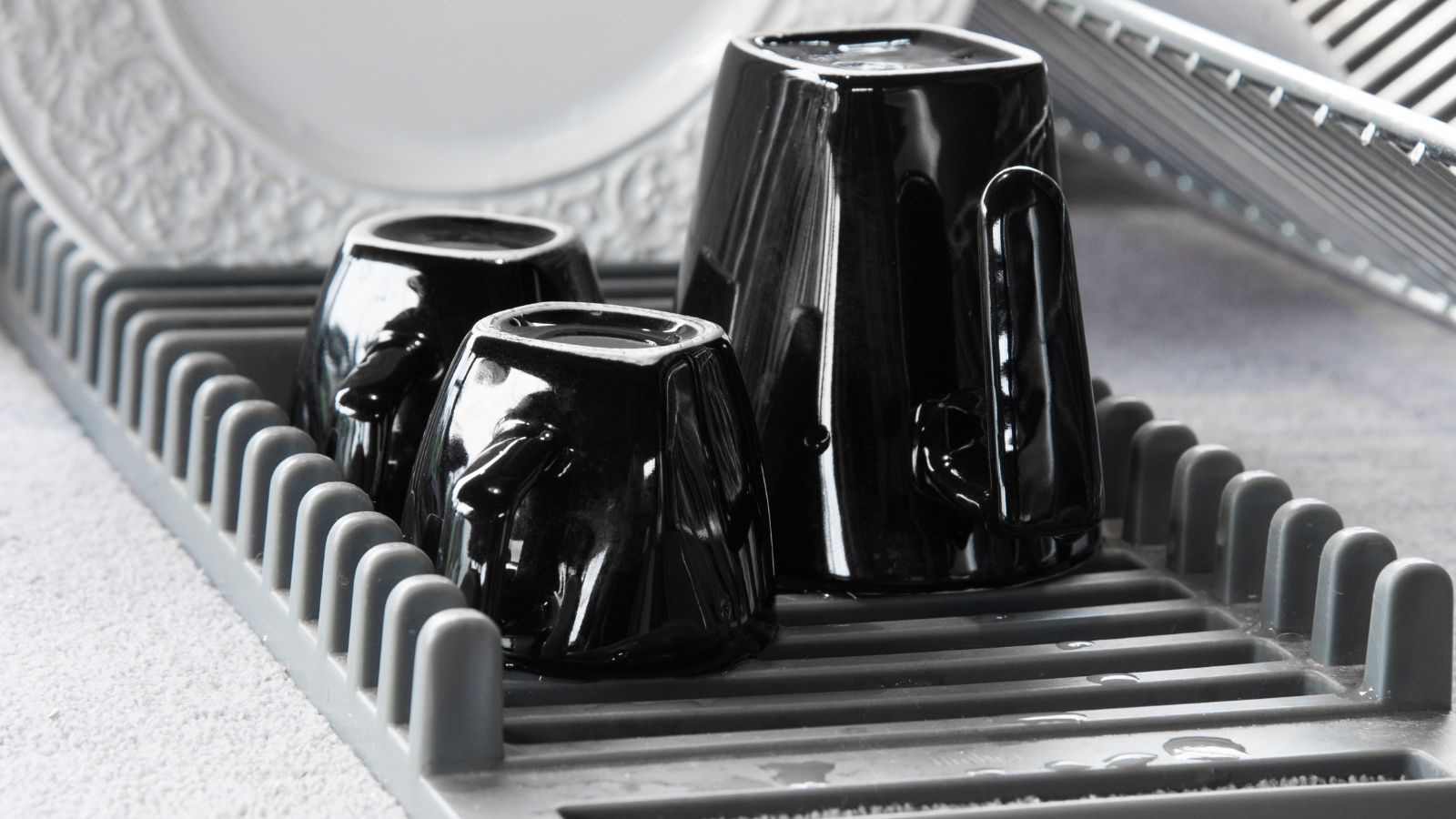
If a food processor is easy to clean, you'll find yourself reaching for it every day. However, if you can't throw it in the dishwasher or you need to dedicate some significant time to cleaning yours, you won't want to use it. We make notes on how easy it is to both clean and store your food processor, so you can imagine how it will fit into your everyday life.
Storing the food processor will depend on what you're after. Some models are stackable, all the accessories pack inside the food processor, and some models are small and easy to slot into the cupboards. Other food processors are big and beautiful, made to sit on the countertop for the admiration of your guests.
How we place it in the market
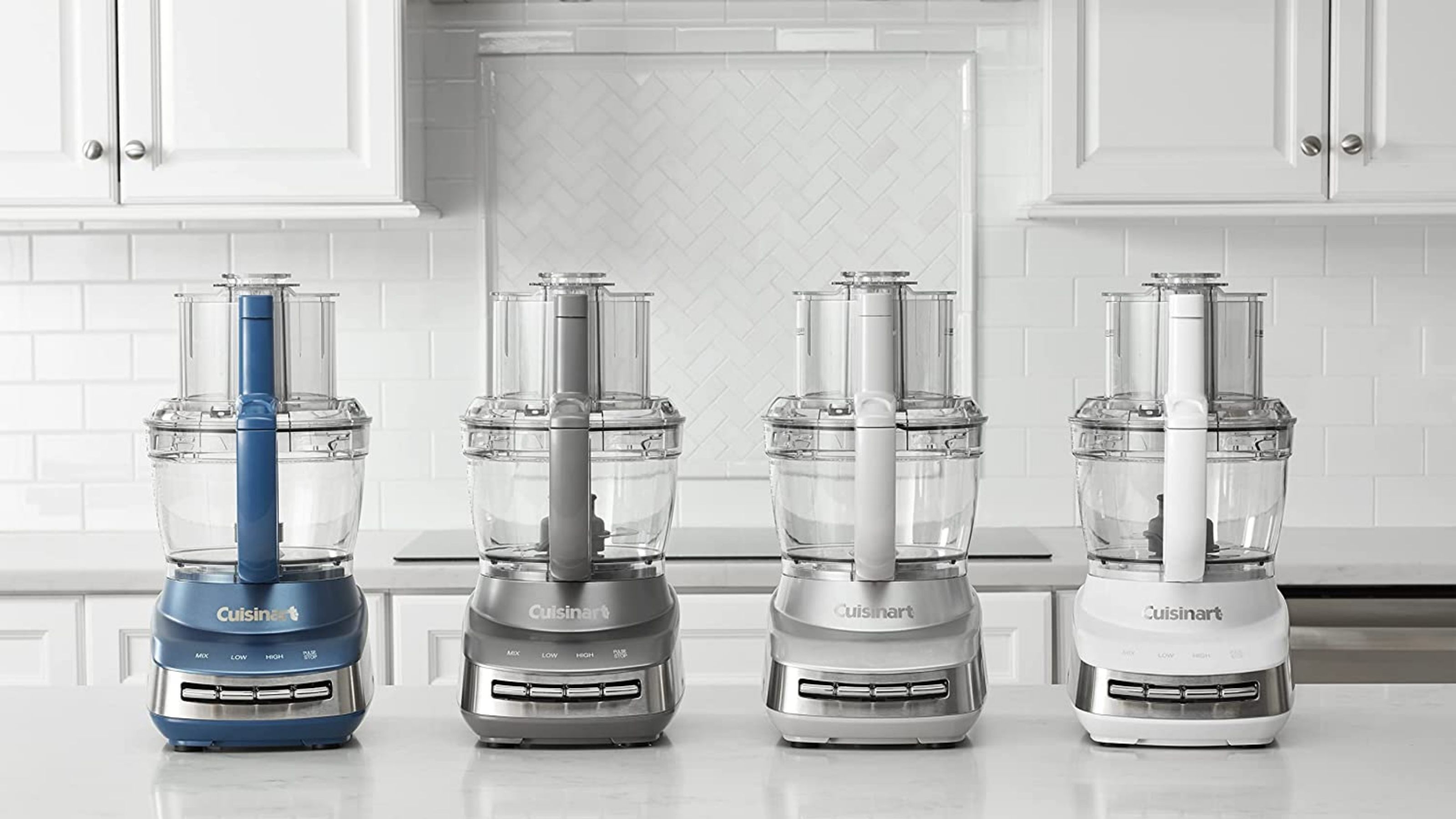
Our experts have tested almost all the food processors on the market, so we are the best people to speak with if you want to know where yours sits in the market for value, versatility, and quality. We'll pick a model with similar offerings around the same price point so that you know whether you can get more for your money with a different option. We'll also let you know what you can get if you spend a little more, sometimes it's worth upping the budget and other times it's not.
Then, we'll take a step back and think about whether the food processor is good value. We'll look at the quality, warranty, and any other observations that we can make. After that, you'll know everything you need to make an informed choice on which food processor you need.







